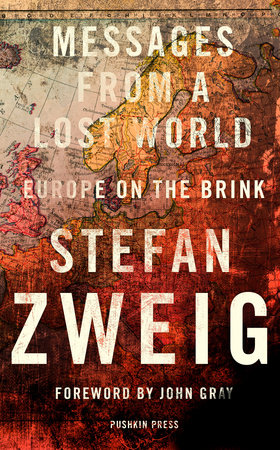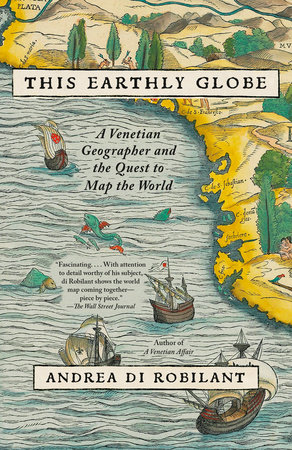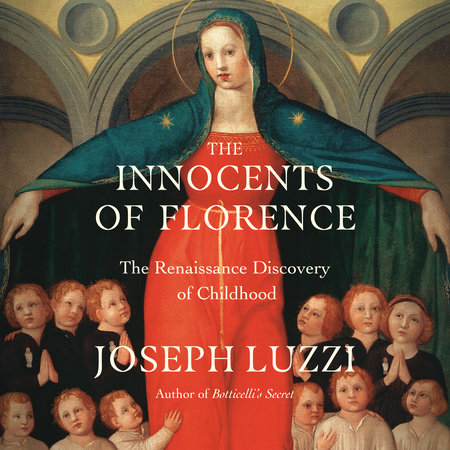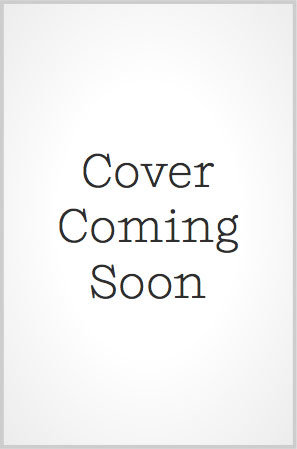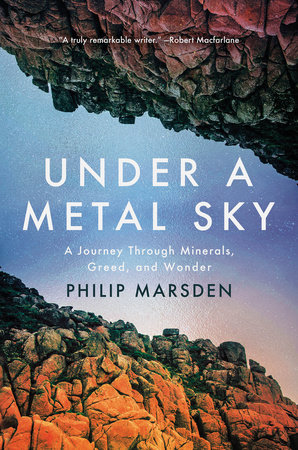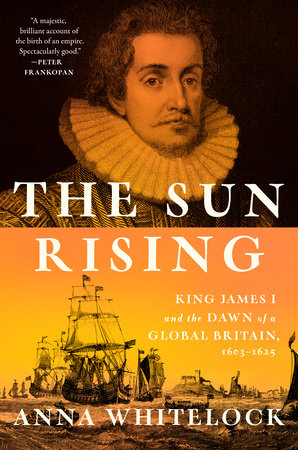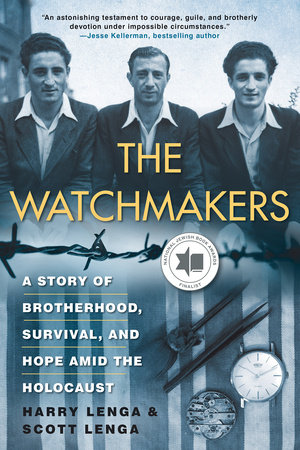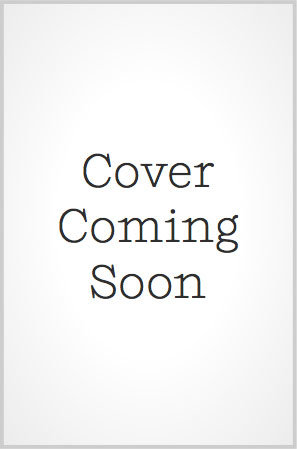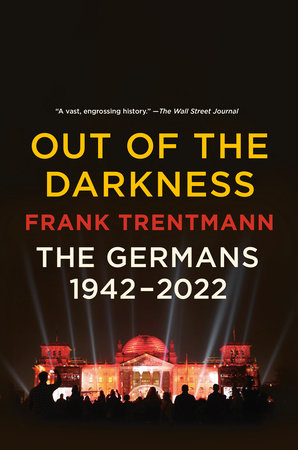“Messages From a Lost World, a collection of Zweig’s nonfiction work . . . 10 essays cover the years 1914 to 1941, and they’re linked by themes as relevant now as they were in Zweig’s own day: the divisions between open and closed borders, between nationalism and internationalism, barbarism
and civilization, tolerance and prejudice, ego and amity, intelligence and ignorance, war and peace. Together, they amount to a manifesto of fraternity in an age of catastrophe. . . . Zweig’s transnational visions in Messages are a product of his displacement, and a sharp reminder to citizens about the agony of being stateless in the present age of the refugee. . . Zweig’s message of fraternity is welcome right now. His dream of a united and more humane Europe has been realized to a degree… under the aegis of the European Union. But even this partially realized version is now under serious threat. At a time of monetary crisis and political disorder, of mounting border controls and barbed-wire fences… Zweig’s celebration of the brotherhood of peoples reminds us that there is another way.” — The Nation
“One of liberalism’s greatest defenders.” — New Republic
“Zweig’s impassioned pursuit of personal freedom seems more relevant than ever.” — Newsweek
“In essays penned before and in the midst of both world wars, now newly collected in Messages From a Lost World: Europe on the Brink, Zweig waxed eloquently, if somewhat naïvely, on the ‘perennial yearning’ for a unified, co-existing world.” —Los Angeles Review of Books
“These essays, few in number but rich in content, reveal the essence of Zweig’s thought… Messages from a Lost World is ably translated from German into English for an American readership by Will Stone, making it an extraordinary and highly recommended addition to community and academic library collections. Messages from a Lost World is a lasting legacy for a new generation of readers from this memorable philosophy and dedicated historian.” — Midwest Book Review
“The earliest pieces in Messages From a Lost World contain Zweig’s musings on the spiritual impact of the war, written while it was still in progress and with no end in sight. They are the thoughts of a man trying to find his way out of what must have seemed a completely reasonable state of despair. . . In pieces from the 1920s and early ’30s, Zweig takes it as a moral imperative to champion the cause of peace by reminding his readers and listeners that humanity could no longer afford the sort of belligerent nationalism that had led them into the Great War.” — Inside Higher Ed
“Pushkin Press leads the Zweig revival: in the past ten years it has published thirty of his books, the latest of which is Messages from a Lost World, a collection of essays and speeches translated by Will Stone. Ranging from 1914 to 1941, they survey the conflict in Europe between civilization and barbarism. . . While it is disheartening to read these pieces today, knowing how Zweig’s life ended, it is inspiring to see that they have been published. However defeated Zweig might appear to contemporary readers, however aloof or naïve, his idea of the European soul is still worth defending.” — Northwest Review of Books
“Zweig’s works are filled with a profound appreciation not only for his native Austria, but for Italy and France, and for their shared contributions to what he labeled the “magnificent common edifice” of European culture. Zweig’s essays, including several translated into English for the first time in Messages from a Lost World, amount to songs of progress, bursting as they are with pride and fraternity.” — Rain Taxi Review of Books
“The earliest pieces in Messages From a Lost World contain Zweig’s musings on the spiritual impact of the war, written while it was still in progress and with no end in sight. They are the thoughts of a man trying to find his way out of what must have seemed a completely reasonable state of despair… In pieces from the 1920s and early ’30s, Zweig takes it as a moral imperative to champion the cause of peace by reminding his readers and listeners that humanity could no longer afford the sort of belligerent nationalism that had led them into the Great War.” — Education News
“Will delight Zweig superfans… rings with the delicate wit of his prescient criticisms.” — The Morning Star
“Never has a book seemed more timely, more eloquent and persuasive, than this small collection of essays by Austrian novelist and man of letters, Stefan Zweig.” — On Magazine
